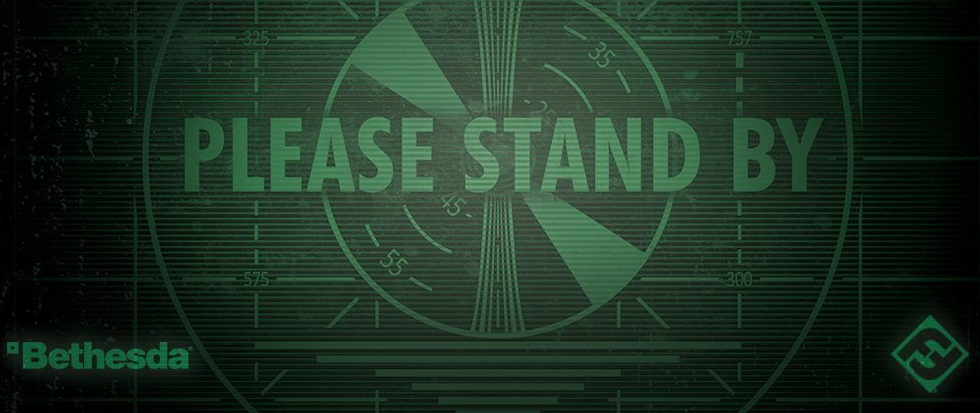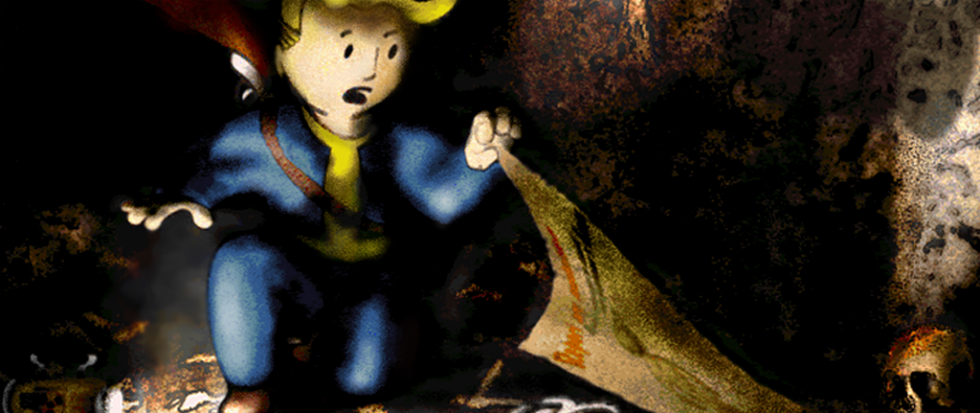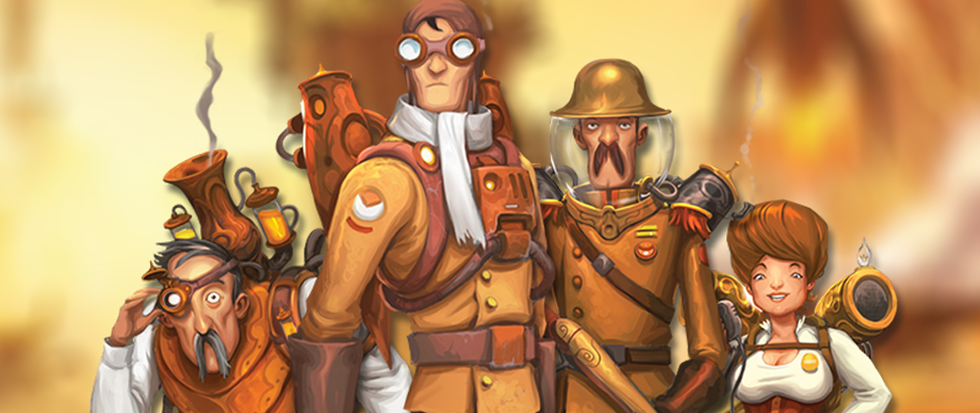
The Board Soul: Feast or Famine
We want to feel like we’re progressing when we’re playing a game. Whether it’s setting up for a series of plays or leveling up your character, we need to feel like we’ve grown in some way between when a game starts and when a game ends. The best games understand that to achieve this, you need to give players a gradual path towards greatness, one that’s attainable for everyone and feels earned. The video game Fallout is a good example of this, as you slowly cobble together an arsenal from scraps and level yourself until you can take on anything with ease. Every step forward feels like you’re on the road to something greater just around the corner. It’s a shame, then, that the board game adaptation of Fallout falls short of this standard at every turn, rocketing some players to great heights while leaving others in the dust for the whole game.
It’s not without it’s good ideas, mind. Made in the mold of countless other questing games this side of Mage Knight, Fallout tasks you with garnering the most reputation by collecting Agenda cards through completing quests. You’re traveling across the wasteland in one of four different scenarios, exploring ruins, defeating enemies, and building yourself up as you try to scoop up the most reputation points the fastest.
All the skill checks and fights in the game use special V.A.T.S. dice, but it’s in the fights where the dice truly shine. Each face displays some amount of dots, but also body locations. You score a hit for every die that matches the enemy’s weak spots, while the enemy scores a hit for each dot on the dice. This leads to a fantastic dynamic where you get exactly what you need to kill something, but at a cost that might be too great. You’re constantly balancing dealing damage and mitigating damage taken, and it’s all contained in one very economical die rolling mechanic.
The video game’s S.P.E.C.I.A.L. leveling system is ported to tabletop by giving you the literal letters in the acronym to mark how far you’ve leveled. When you level, you draw two letters and keep one, adding it to your S.P.E.C.I.A.L. display on your personal player board. Keeping a letter you already have lets you get a perk, which are powerful one-time abilities that match the letter that you duplicated. If you own a specific letter during a test, you get to reroll the V.A.T.S. dice for each letter that matches one you have.
This rerolling mechanic becomes central to the Fallout experience. If you want to get anywhere in the game, you have to start gathering letters and items that use them such as guns and drugs. And completing quests will often hinge on your ability to reroll and find the correct combination of the three dice. If you can’t reroll, you’re not going to get very far. The problem lies with the fact that the game will spit loot out at you at an incredibly inconsistent rate, with overflowing generosity to some players and stingy indifference to others. It’s entirely hinged on random event cards, some of which require tests with letters you don’t have. The game’s economy is wrapped up in finding loot to use, or selling it for caps to buy better loot at settlement stores. So if you can’t get access to the loot in the first place, Fallout becomes an exercise in frustration.
What ends up happening is that some people will end up having significantly more fun than others because of how much equipment they can get. And once you’ve gotten a decent amount of loot, the game begins to snowball and you’re launched into the greatness zone at record speed. The same holds true for the Agenda cards, which will give you a certain amount of reputation points depending on certain conditions you might meet. The bulk of these, however, are tied to the influence of two warring groups that will shift depending on the players’ actions. These cards are worth more points for how far ahead the indicated faction is. Should someone get multiples of the faction that’s ahead, then victory becomes easy. If you have cards from the faction that’s behind, it’s really hard to scrape together a victory, especially if someone lucked into two leading faction Agenda cards.
This dynamic of feast or famine even bleeds into what could be Fallout’s coolest mechanic: the storytelling deck. Quests and encounters will have players read passages to the active player and give them a set of options a la Above and Below. And as quests are completed, more specific ones are added from the deck, with the completed quest referencing the card numbers of cards to be added to the board, forming quest chains that tell an episodic story. But if you stall out in your character’s progression, then you’re going to be part of less and less of these stories, powerlessly watching as other players become part of the narrative of the wasteland.
The joy of Fallout is in carving your mark in a blasted landscape, completing quests while leveling up more and more. But with its inconsistent progression, the Fallout board game fails to deliver on this simple premise. Fallout is a game with great ideas that are potentially torpedoed by random chance.





